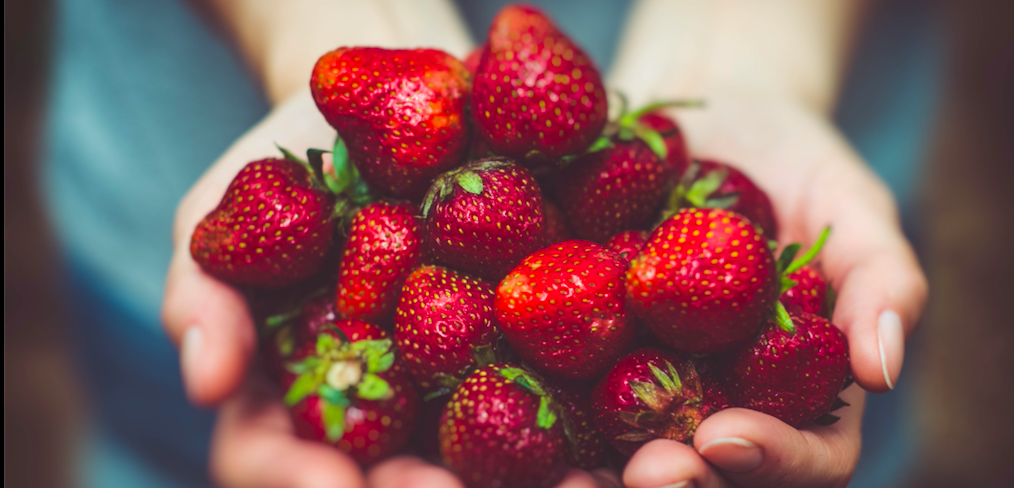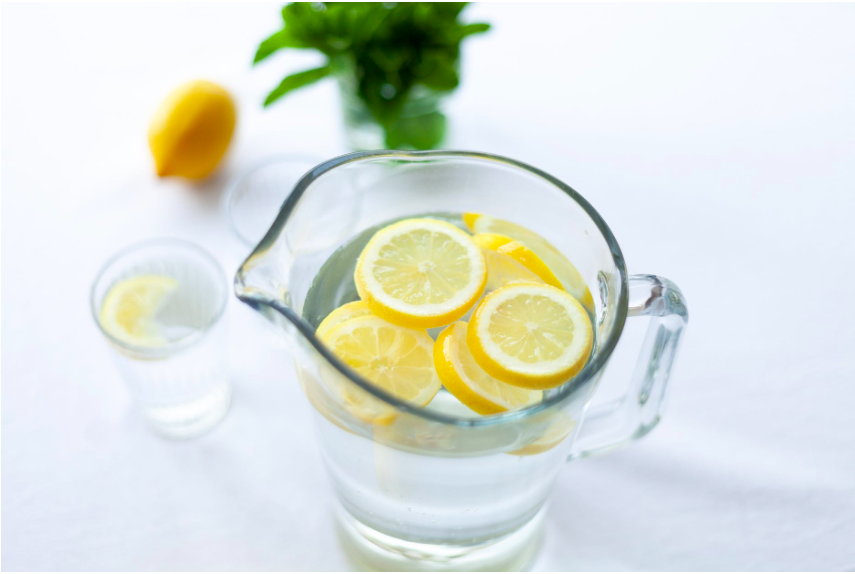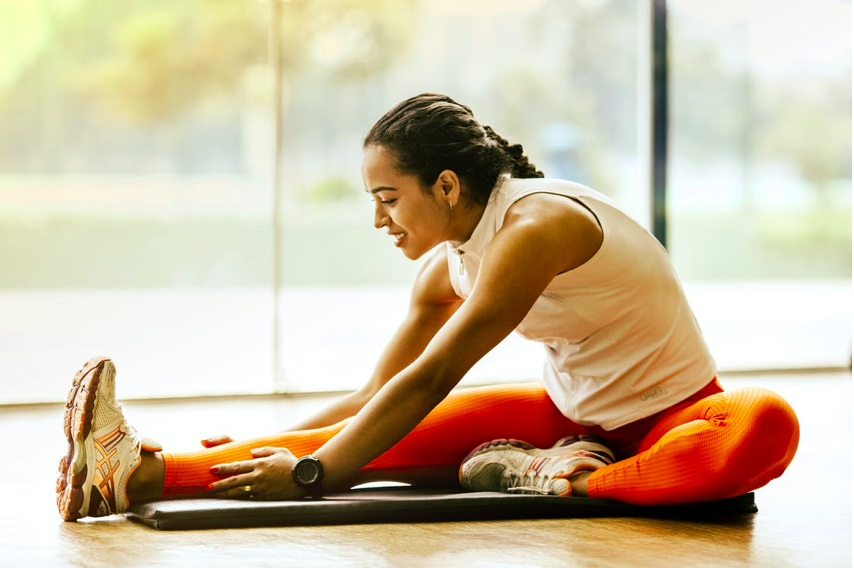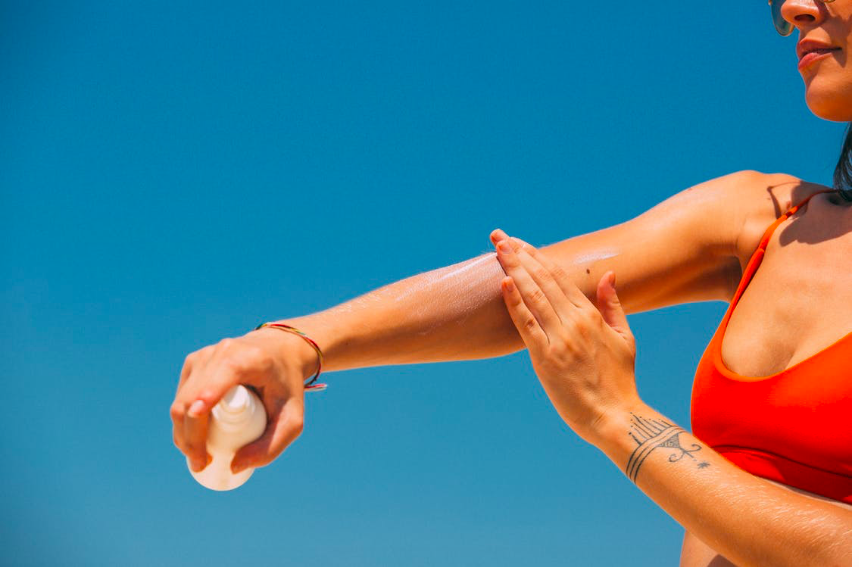Beauty may be more than skin deep, but it certainly starts with your skin. Your skin is what people first see and touch when greeting you, so it’s important to take care of it well to keep it healthy. This is where it shows first if your lifestyle and/or diet haven’t been great for some time. As teenagers, when hormones are raging, a poor diet/lifestyle will show up as acne and other skin conditions. As we age, this may manifest as premature wrinkles. In the summer, much more of our skin is on display, so taking care of our outside becomes that much more critical. However, our skin is actually the barometer of what’s happening underneath the surface, hence looking after your skin starts from the inside in what you eat and drink and how you live and take care of yourself in general. Below some dos and don’ts for healthy-looking summer skin that glows.

1. Eat your vitamins. Your skin speaks miles as to what your body is going through. Eating well not only helps you to feel better, more energised and fuller of vitality, it also helps your skin to stay beautiful and healthy. But the best part is that ensuring good vitamin intake on a daily basis means that your immune system is also powered best to protect you from viruses, bacteria and toxins that you may be exposed to (1). Although we’ve all been told that we should eat our five a day, recent research has actually suggested that eating 10 portions (a portion = a fistful) of mostly vegetables (7-8 portions) with some seasonal fruit (1-3 portions) is what really helps to prevent chronic diseases, such as cancer and heart disease, and to keep us looking more youthful (2). Your skin too thrives on plenty of fresh vegetables and fruit. Because life is often busy and we don’t always manage a regular daily intake that matches what our body and skin needs, as a Nutritional Therapist, I normally advise clients to supplement with both a daily multivitamin and other supplements targeted to their specific needs. For beautiful skin, you can’t beat a skin supplement. But be careful as not all skin supplements are created equal. Make sure that any you choose contains skin-boosting ingredients, such as collagen and hyaluronic acid. Grape seed, bioflavonoids, which help to optimise digestion and immunity, as well as other key nutrients, will show up as better-quality skin in the long-run.

2. Moisturise from the inside out. Every optimum function in your body relies on moisture, which comes from water. Hence, it’s no surprise that hydration shows up first on your skin. If your skin is often dry or itchy, you may want to look at how much filtered water you’re drinking daily. You may also want to consider what else you’re drinking that may be actually dehydrating you. While the optimum amount of water intake is 1.5 to 2 litres daily, you may want to opt for the higher end of that if you’re drinking many dehydrating beverages: such as coffee, alcohol or processed fizzy drinks (coke, pepsi, energy drinks…). Processed drinks – especially if filled with sugar, sweeteners or caffeine – will strip the hydration right out of you and will rear the results on your skin: showing up as dry, blotchy, sometimes itchy, broken out or wrinkly skin. If you want beautiful skin, limit coffee intake to max 2 cups daily and avoid processed fizzy drinks like the plague as they are bad for both body and skin (as well as teeth and long-term brain health). Green tea, though also a source of caffeine, is chock full of antioxidants which help to boost immunity, aid in weight loss and help your skin look more youthful (3). Herbal teas too – especially those helpful for detox, relaxation, immunity and sleep – are also good for skin health. And because they are caffeine-free, they can be counted towards your 2L/day clean liquid requirement.

3. Stick to a copious beauty ritual morning and evening. Skin health starts from the inside but finishes on the outside. It’s important to remove all makeup nightly and to keep to a healthy skin ritual which includes cleansing with a mild cleanser, followed by toner or facial mist, then a serum and moisturiser for the day mixed with a strong SPF for summer time to avoid skin damage (and premature ageing) from the sun and a moisture mask or skin oil for the night. Ensure all products used on your skin are natural and clean: everything put on skin can eventually end up inside your system as it slips through your pores. Make sure to take care of body skin too by using a natural cleanser or soap in the shower followed by a clean moisturiser post-shower. Moisturising the body before bed with a thicker cream or oil is a great way to give your body 7-8 full hours of dedicated moisture. No matter how tired or pressed for time you are, don’t skimp on the skin routine as that sets your skin up for better ageing years to come. While using sun protection is key for preventing premature ageing, especially on your face, neck, shoulders and typical exposed areas, ensure that some skin that is exposed and less likely to burn remains sunscreen-free for at least 20 minutes a day in milder sunshine (longer for more pigmented skin) to allow for access to that ever-important vitamin D. If enough sunshine eludes you even in summer months, consider taking a vitamin D supplement, which promotes healthy immunity (as well as prevention of many chronic disorders), bone health and improved skin quality (4).
4. Moderate exercise and regular stress management does a body (and skin) good.

Exercise may sound like an unusual addition to healthy skin, but is actually unsurprising as it helps to ensure skin remains toned (even as you age) and boosts circulation. However, don’t over-exercise as that can cause skin to over-react and be careful of overdoing sports such as running, or ones prone to injury which have been shown to cause skin issues if not careful (5). Moderate exercise is best for most people. Opt for regular movement of 30-90 minutes daily with part of that targeting muscle strengthening. HIIT workouts are great when time is limited. Stress management and adequate sleep are also key for skin health. When someone is tired or stressed, that normally shows up on skin and both chronic under-sleeping (less than 7-8 hours nightly) and regular stress will show up on skin as lines and premature ageing. People who are calm and happy generally look and feel younger, age better and have better immunity and less likelihood of chronic disease, so allow time daily for meditation, yoga or some kind of stress management (6) and spend time with friends, community and loved ones whenever possible as this boosts mental health, which in turn boosts overall health and skin quality. According to copious research, the happy hormone linked to love has also been shown to improve both mental, physical and skin health (8)!
5. Cut out the skin (and body) destroyers. As your skin is a barometer of what is happening below the surface, whatever is bad for your body (and your overall health) is equally bad for your skin. That includes the obvious offenders: smoking (vaping too!) and over-indulging on drugs or alcohol (more than 1-2, max 3 units daily). It also includes not sleeping enough on a regular basis. Even one all-nighter that includes less than the suggested 7-9 hours sleep nightly can show up on your skin. Not sleeping enough on a regular basis can surface as premature age lines, dark circles and sagging skin. It also plays havoc on your memory, concentration, immunity and even weight (chronic under-sleeping can supress your ability to control appetite) (7). Processed food and fizzy drinks, all which cause damage from within, will show up both on your skin, your body and your brain health (fuzzy brain, anyone?) so try to eat as cleanly and naturally as possible. Choose food which has mostly natural ingredients or create your own if you can. If you eat out or order in, opt for as many vegetables as you can as these will help gut health, which then helps immunity, mind, body and of course skin.
Taking care of skin goes hand in hand with taking care of overall health, so anything that boosts your immunity and wellbeing will also help your skin to look better. Looking after yourself from the inside out hence helps to create that healthy glow on the outside too.

